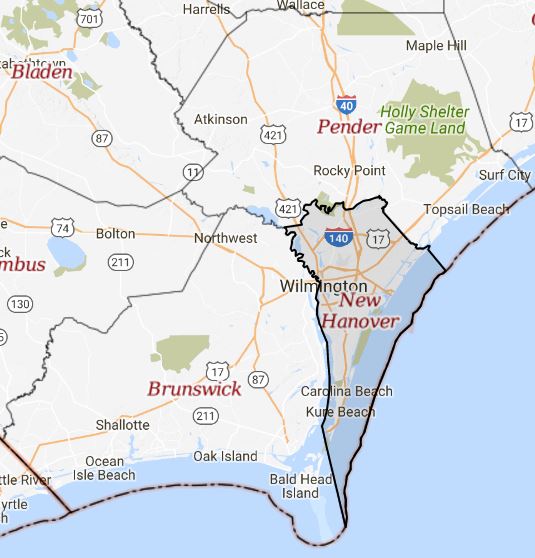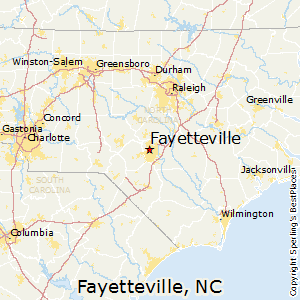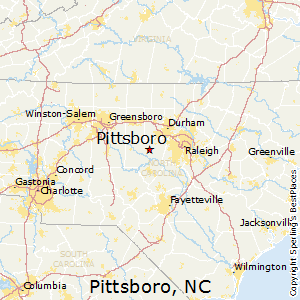Study Overview
Study Overview

The GenX Exposure study began in November 2017 in response to the contamination of drinking water in Wilmington by GenX and other PFAS (per and poly-fluoroalkyl substances). From 2017-2019, we focused on understanding PFAS exposure in people in Wilmington and Fayetteville by measuring PFAS in blood and water. From 2020 onward, we are focusing on how PFAS exposure influences human health. As a result, the study has grown to include over 1000 people living in three regions of the Cape Fear River Basin. Learn more about the study’s development over time here.
The study team is made up of scientists, public health professionals, community organizations citizens, and students who are all working together to understand PFAS exposure in communities along the Cape Fear River Basin in North Carolina. Learn more about our team here
What is GenX? What is PFAS?
GenX is a chemical used in Teflon production and has been detected in the Cape Fear River – the drinking water source for numerous North Carolina communities. GenX is part of a family of chemicals known as PFAS (per- and poly-fluoroalkyl substances).
PFAS are a broad class of chemicals that are used for their stain and water-resistant properties. They are found in the Cape Fear River as a result of chemical manufacturing, use in firefighting, textile and furniture manufacturing as well as disposal of everyday products such as pizza boxes, furniture, etc. to landfills. For more information about PFAS, click here.

Our Study’s Design
What communities are being studied?
Our study is interested in learning the impacts of PFAS, including GenX, on the Cape Fear River Basin. The GenX Exposure Study is currently working in the Lower Cape Fear, Fayetteville, and Pittsboro communities. All study participants are ages 6 and older, non-pregnant, and willing to provide blood, urine, and questionnaire information.

Communities of the Lower Cape Fear
The Lower Cape Fear communities include New Hanover and Brunswick County. New Hanover and Brunswick municipalities use surface water from the Cape Fear River in their public water systems. Being geographically downstream from the Chemours facility, these communities are areas of concern and contamination.
Participation Requirements for these communities include: Being served by Cape Fear Public Utility Authority or Northwest Brunswick County Treatment Plant.

Fayetteville, North Carolina
The Fayetteville community is geographically closest to the Chemours facility and is an important population to account for. We enrolled people whose well water was tested by Chemours or DEQ for PFAS. The region includes Bladen, Cumberland, and Robeson counties.
Participation requirements for this community are as follows: People from the Fayetteville area who have lived at an address listed as being tested by the Department of Environmental Quality or Chemours.

Pittsboro, North Carolina
To understand PFAS exposure in the Upper Cape Fear region, we enrolled people from Pittsboro, NC. The Town of Pittsboro draws its water from the Haw River, which connects to the Cape Fear River.
Participation requirements for this community are as follows: participants must be using the Town of Pittsboro’s municipal water services or served by the water supplier Aqua which also uses Pittsboro water.
What did we collect?
Blood
Urine
Water
Dust
Wristbands
Testing also included clinical measures: lipids, thyroid hormones, and a comprehensive metabolic panel.
Click here for a timeline of when sampling occurred.
What have we found so far?
Click the link below to read about what we have found, what it means, and where we’re going next.